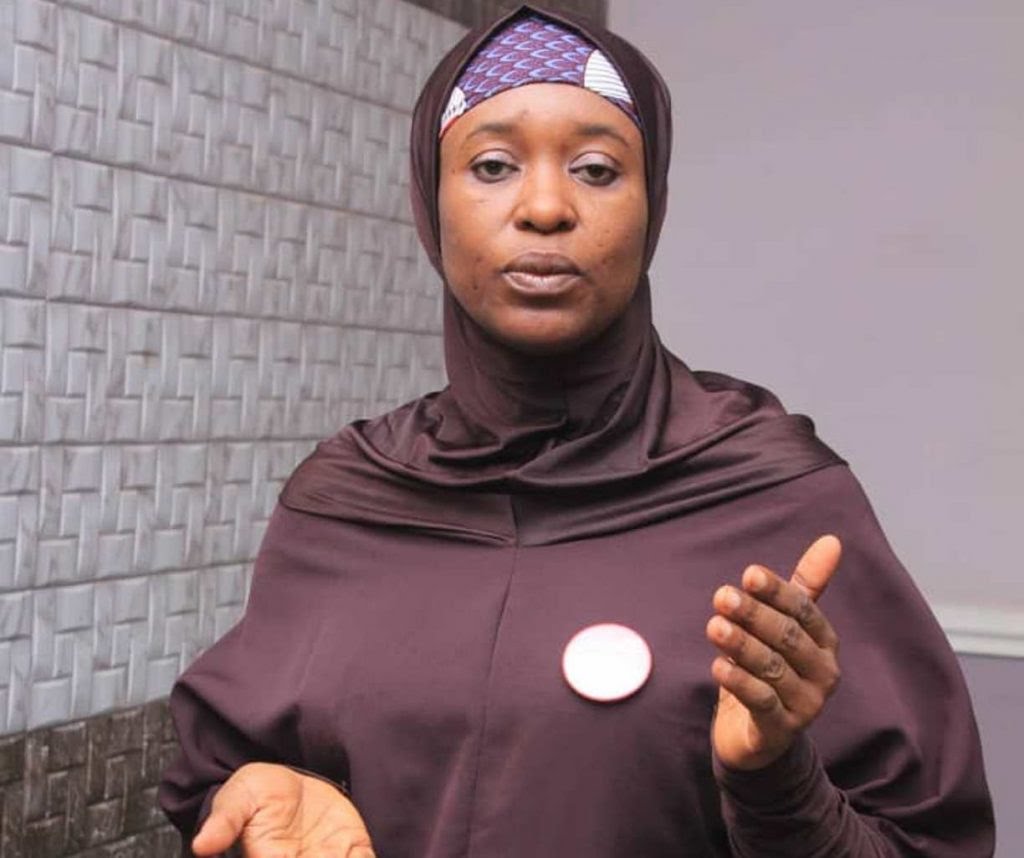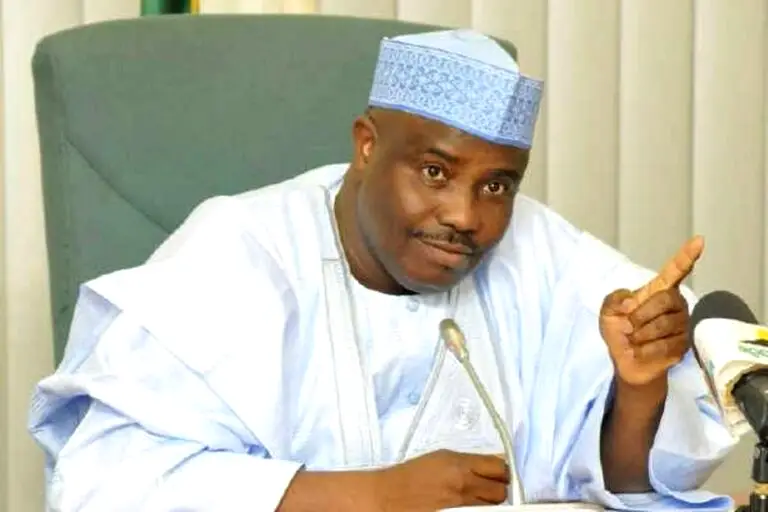[ad_1]
Governor Chukwuma Soludo of Anambra State has called on his counterpart and other relevant stakeholders of Igbo extraction to pay more attention to human capital development in the southeast region of Nigeria.
The Governor made the call during the 2023 South East Human Capital Development Conference held at the International Convention Center, Awka, on Friday, where he described human capital development as critical to the growth of any region or nation in the World.
“People are the real assets in any economy,” he said, adding that the region’s economic well-being needed very skilful manpower to drive operations.
He said that human capital which is the greatest capital of the South East region should be increasingly explored to project the region to greater economic growth.
He explained that Human Capital is the only dependable resource for yesterday, today, and tomorrow for South East.
Speaking as the host Governor, Soludo said: “This conference is fundamental to who we are. We will not get anywhere unless we fully utilize human capital.
“How does the South East, with its uniqueness and vast resources dispersed throughout the world, ratchet up the homeland and build the ones for tomorrow? What do we need to do differently?
“There’s a lot more work to be done for the South East in addition to the ones that have already been done,” Soludo said.
“The concept of communities is very strong in the SouthEast. Many primary and secondary schools were built by communities rather than the government. Communities have paved numerous roads.
“Most of the recommendations from this conference are government-centric, in essence, what Government must do but more than 99% of the region’s resources happen to be in private hands.
“You must carefully consider and leverage your delivery mechanism!”
“Our delivery mechanism in Anambra is a Public, Private Community Partnership. What can the community do to help? What is the government’s role? What can the Local Government do?
“We must mainstream studies, comparative studies and locations, best practices; who do we want to imbibe? Who are our counterparts or benchmarks?
“We are living in the digital age and the fourth industrial revolution. How can we get from where we are now to where we need to be? How do we make use of technology?
“What will the structure be for networking, collaboration, and cooperation? Can we form a regional team to review the curriculum? This is something we’re attempting in Anambra “Governor Soludo stated.
“The Nigerian educational system strives for common standards rather than minimum standards. Who says we can’t have a South East exam board even if it’s not part of the national curriculum?
“There is room for us to think as a region. Let’s work together to make these things happen.
“In our teacher recruitment, we made a statement. It should not be about who you know when it comes to teaching. We hired solely based on merit. The names of teachers were published in national dailies for transparency purposes, and regardless of the state of origin, this is the message that must be conveyed to the country.
“This message must be mainstreamed; hiring people should not be based on their state of origin. As a Federation, we must hire Nigerians as long as they meet the basic job requirements. I’ve seen some promising people who aren’t from Anambra on the list of permanent secretaries. I will appoint them if they pass the final stage of the interview.
“These points I’m raising are not in your recommendations, but they must be addressed. We must have the desire to carry them out because where there is a will, there must be a way”, Governor Soludo maintained.
The Governor also emphasized the importance of labour force participation in a federal structure like Nigeria.
He went on to say that while his government is currently training over 5000 youths, it is like a drop in the bucket. “There can be no labour force if the economy is dying”
“The most important way for our country to encourage local labour force participation is to support our innovators and producers. How will jobs be created if you do not patronize them? How will we encourage our farmers to produce more? All textile companies in the Southeast have closed their doors. The only one that works is the one that makes the “Akwete” cloth I wear. And I wear Akwete as a fashion statement.
“We should eat what we produce and wear what we produce, creating millions of jobs in the process. This isn’t rocket science!”, the Governor stressed.
“If over 200 million Nigerians patronize our textile industries, we will create tens of millions of jobs in two years, but if we continue to import, we will continue to kill our economy”.
While analyzing the conference theme and some data presented, the Governor concluded that the South East region is performing poorly, and human capital appears to be the region’s only asset.
He went on to reiterate that the South East has the smallest land mass and the fewest natural resources.
“In Anambra’s case, the state is the world’s gully erosion. We have the second smallest land mass after Lagos, and our land is extremely hostile.
“Our vast productive resources, investment, and financial assets are located outside of the region.
“We are unique in several ways that we must capitalize on, to ask what we will do differently to produce different results,” Soludo concluded.
He also emphasized the concept of community involvement, which he identified as very strong, saying that more than ninety-nine per cent of the resources needed to develop the region are in private hands.
Declaring the ‘day two’ session open, the State Deputy Governor who is also the Chairman of the state Human Capital Development Council, Dr Onyekachukwu Ibezim stated that the region is already making gradual progress, stressing that Anambra is the rallying point of human capital development in the region.
“Before we started, the Governor of Anambra State, Prof. Chukwuma Charles Soludo came with a clear-cut vision and mission. Coincidentally, he was the chairman of the Anambra State vision 2070 Committee. He merged the committee’s report with his manifesto to produce development models for the state”.
He noted that the present administration of Governor Soludo is founded on five social development pillars, one of which is human capital development, pointing out that Anambra State does not work in isolation and expressed optimism that the desired goal will be achieved.
Leading the policy recommendation session, The National Coordinator for HCD, Mrs Yesola Akinbi challenged the region to think of 2030, revealing that the productivity of an average Nigerian is less than 36 per cent. She tasked all regions to work together to bring up those who are not doing well.
She stated that Human Capital Development sits across multiple levels of stakeholders, pointing out that everybody has a role to play to ensure healthy, educative and productive Nigerians by 2030, but quickly added that the process cannot be driven from the federal level if effectiveness is the goal.
Group presentations and recommendations were made where advocacies were centred on free secondary school education, zero tolerance to examination malpractice, improved quality assurance, mandatory healthcare financing to have people whose life expectancy will be increased, human resources for health, provision of emergency funds domiciled in the ministry, regulation of traditional medical practice, ensuring adequate data collection, monitoring and evaluation, creation of a ministry of Labour in all the states, formulation of good environmental laws, increased gender parity, among others.
The Governor of Enugu State, Rt. Hon. Ifeanyi Ugwuanyi represented by Dr Sam Ogbu, MD/CEO, Enugu State Investment Authority, congratulated the state for leading the discussions. He expressed gratitude that they were carried along in the platform which ended up producing commendable recommendations that will significantly improve the human capital in the region.
“Let’s continue to stand together”, he added.
Imo State Governor, Senator Hope Uzodimma represented by his Commissioner for Labour and Productivity, Prince Ford Ozumba lauded the initiative, saying that they are already doing a lot in Imo State including training about fifteen thousand youths on ICT to raise a digital tribe of problem solvers.
The State Commissioner for Budget and Economic Planning, Mrs Chiamaka Nnake who is the focal person appreciated everyone’s input to the project, saying that it is a platform for extending the regional integration of South East Nigeria.
The project consultant and former Commissioner for Basic Education in Anambra State, Prof. Kate Omenugha who played a vital role in the project also thanked the participants and the team for the success of the conference.
Nigerian Tribune gathered that the theme of the Conference is “Changing the Narrative Towards Entrenching Human Capital Development in South East Nigeria”.
[ad_2]





